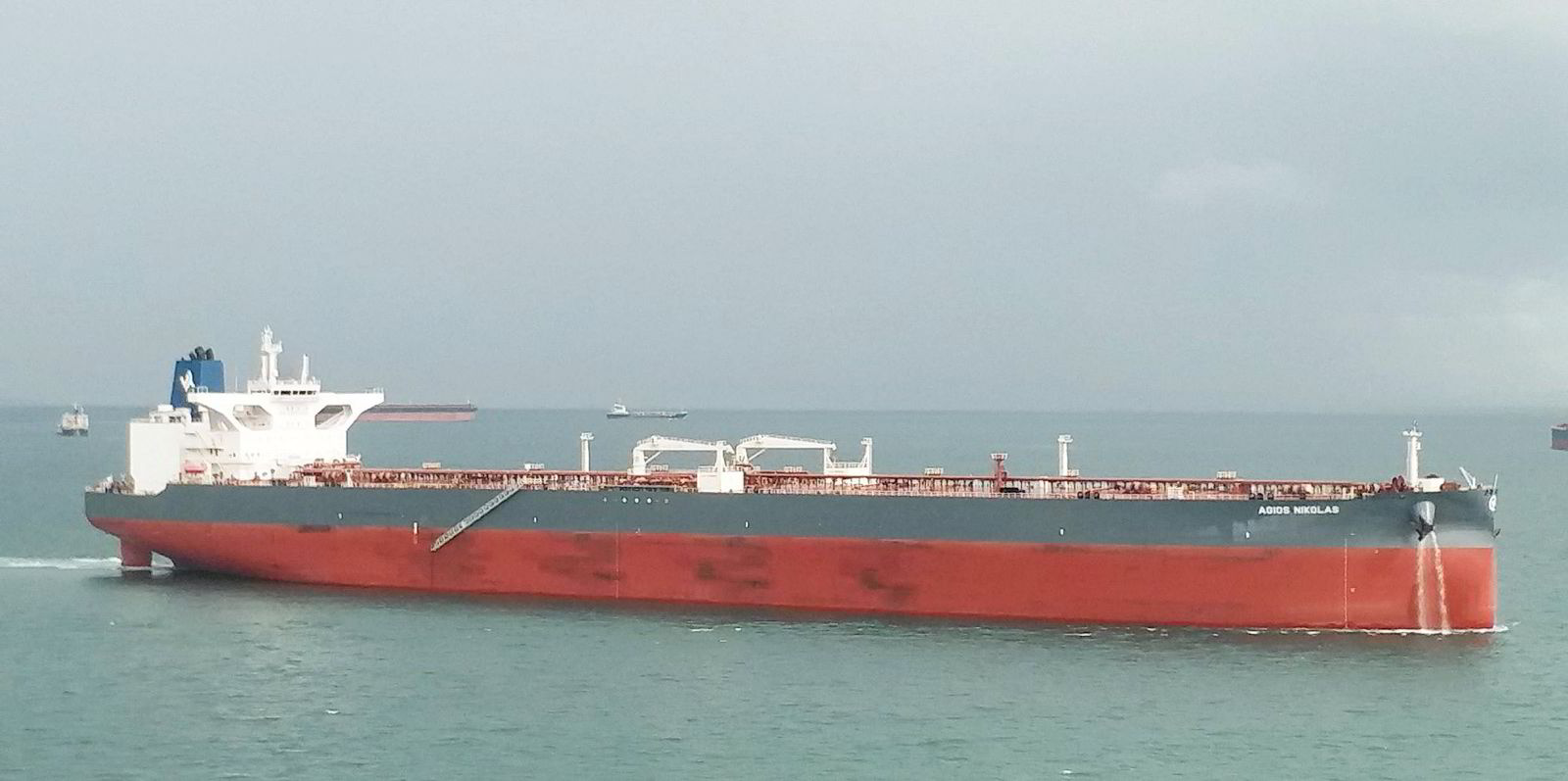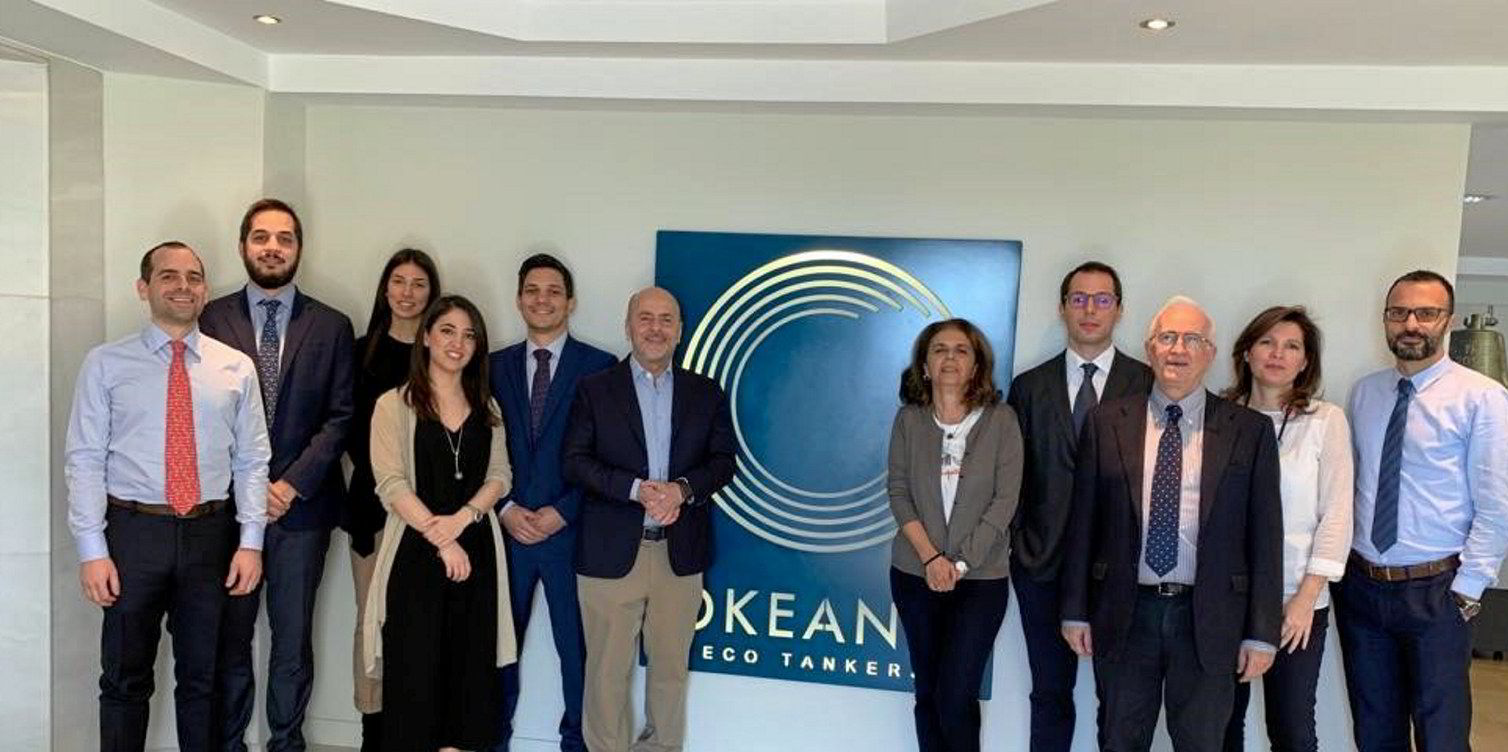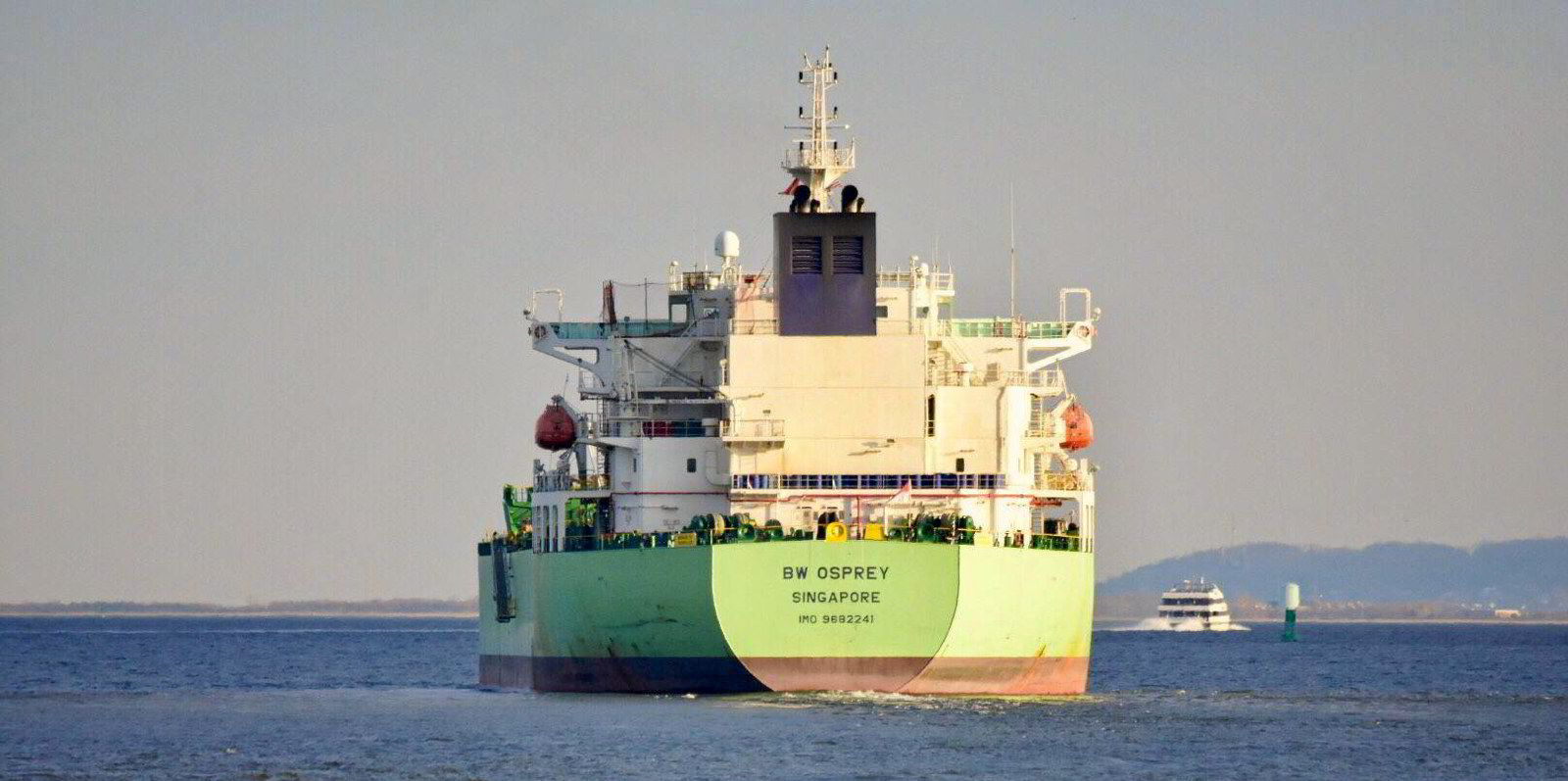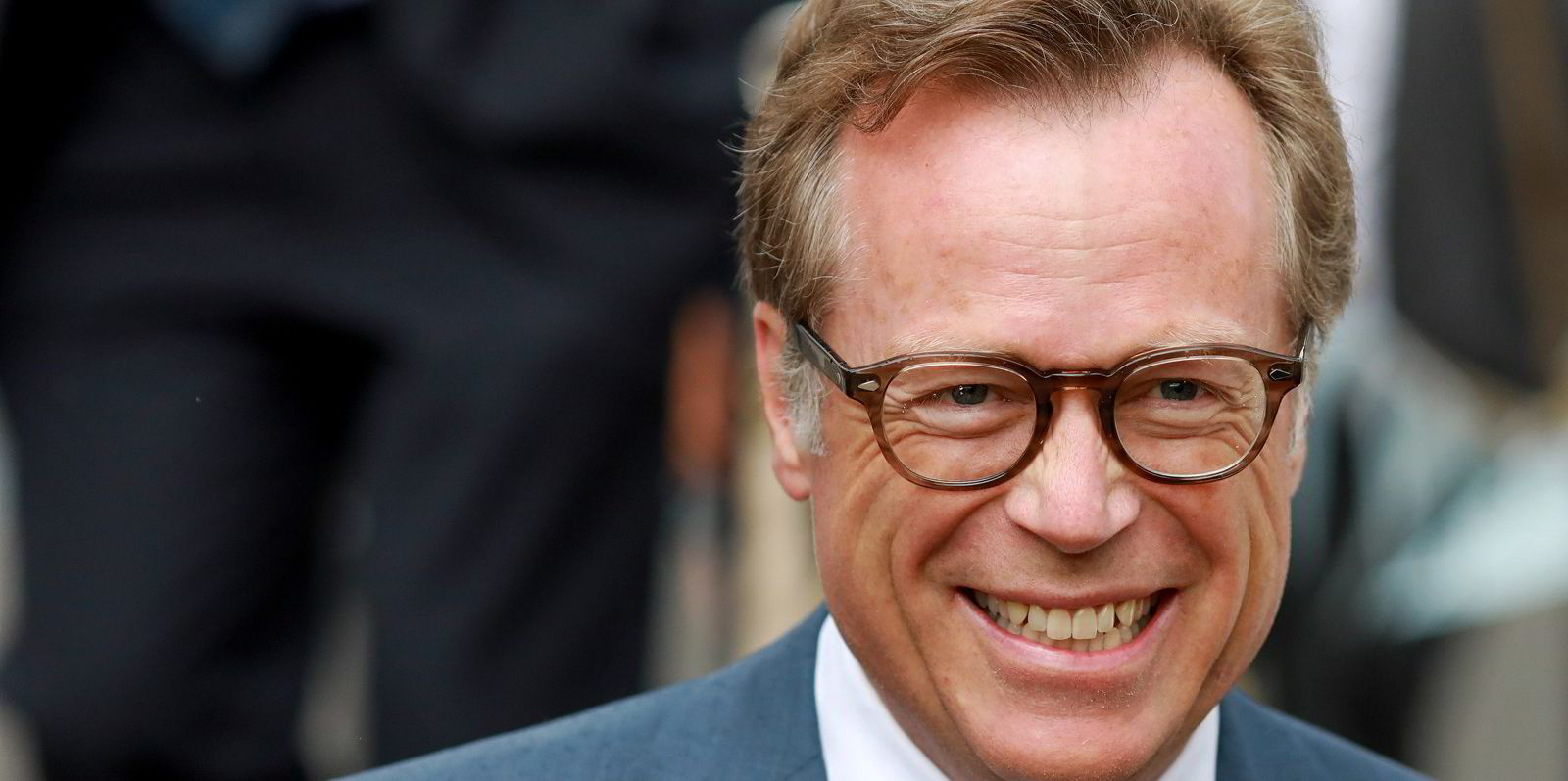Eco VLCCs fitted with scrubbers have reportedly been fixed at low term rates as the market remains bearish amid persistent tonnage oversupply.
With a lack of upward momentum, brokers said Hunter Group, Enesel and Euronav sealed deals of various lengths earlier this month to secure future cash flow.
Oslo-listed Hunter is said to have clinched am 11 to 14-month period contract with trader Vitol for the 300,000-dwt Hunter Frigg (built 2020).
The reported rate of $28,250 per day is well below the $40,000-per-day hire that the tanker has been earning from Koch Industries in the past six months, but substantially more than the spot market is yielding.
Brokerage Howe Robinson Partners estimated spot earnings of scrubber-fitted eco VLCCs at $15,714 per day on Tuesday, amid subdued activity during the Lunar New Year holiday.
Arne Fredly-backed Hunter originally had a fleet of seven scrubber-fitted VLCCs, but has sold two 2019-built vessels to Adnoc Logistics & Services for $84.2m each. It also sold a 2019-built sistership to SK Shipping for $98m.
Separately, Enesel reportedly fixed the 319,000-dwt Agios Nikolas (built 2019) to Occidental Petroleum for 11 months at $28,000 per day.
VesselsValue data shows the Greek owner has four VLCCs, all of which are on period charters to traders or oil firms.
Among other deals, Euronav is said to have chartered the 300,200-dwt Diodorus (built 2021) to ST Shipping and Transport for three months.
The Glencore subsidiary is expected to be paying $15,500 per day for the VLCC fresh out of Daewoo Shipbuilding & Marine Engineering, one of only six scrubber-fitted ships in Euronav’s large fleet.
Euronav, Occidental, Vitol and Glencore declined to comment, while Enesel and Hunter did not respond to requests for comment before TradeWinds went to press.
Owners face bleak reality
The period charter market for tankers has become more active in recent weeks, even though rates in most segments remain close to multi-year lows.
“It is a case of owners finally having to ‘face the music’ and get their ships fixed,” Giuseppe Rosano, a director at brokerage Alibra Shipping, said. “Charterers sense that and are thus engaging.”
Many analysts expect tanker rates to stay in the doldrums in the coming months, with lacklustre shipping demand amid the destocking of petroleum inventories globally.
“We view the tanker market as approaching [the] bottom in the first half of 2021,” Maritime Strategies International said in a report. “We see continued downside for [one-year] time charter rates which, given the level of spot market earnings, are likely to decline further.”






